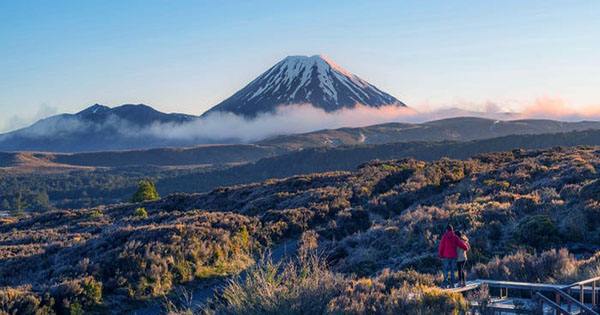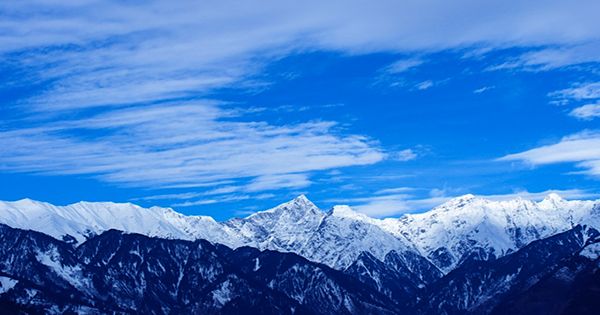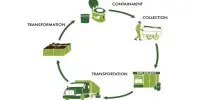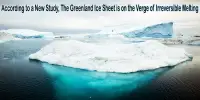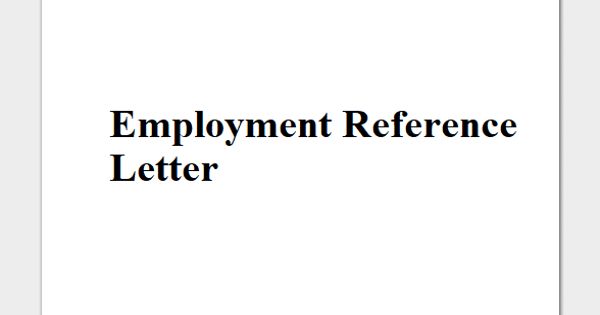A new study has concluded that New Zealand, where civilization has the best chance of surviving if it collapses as a result of climate change and more deadly epidemics, has a relatively good chance of surviving. However, if your response to this information is to try to buy land there, perhaps instead of trying to help prevent a fall in the first place, you may be too late. Many civilizations have fallen prey to war, internal conflict, or over-exploitation of their resources. Both Nick and Professor Aled Jones of Anglia Ruskin University described it as a “de-complexity” in their study, published in the journal Sustainability, where multilateral societies are reduced to survival and the resulting dangers explored on a global scale.
King and Jones made a list of five countries that, after initial inspections, seemed best to act as “collapsed lifeboats” before such an event occurred. In their paper, they compare these five: Australia, Iceland, Ireland, New Zealand and the United Kingdom. The short-listed countries were chosen because of the islands, so they are more likely to be able to isolate themselves from a more general collapse and are large enough to sustain a complex society if they lose business opportunities.
Excluding northern Australia, they have enough temperate climates that global 4ºC (7.2ºF) rise will not make their summers unbearable, and the surrounding oceans will buffer against extreme temperatures and rainfall. New Zealand has found that King and Jones are considered the greatest potential for the formation of “permanent node complexes”, and others may describe it as “not turning into a post-apocalyptic hellscape”. Iceland and Ireland also promise, like Tasmania, although the rest of Australia is not so lucky.
“The UK presents a more complex picture and also has potentially less favorable features,” the paper revealed. Growing food in only half of it is a problem. Many of the world’s richest-richest have probably reached similar conclusions and bought property as an insurance policy in New Zealand. This has contributed to skyrocketing home prices, leading to a ban on non-residents buying existing homes. The report identifies a major flaw in the nation’s resilience: only the United Kingdom has enough oil. Others will have to find alternative ways to run their transport fleet if the global collapse makes imports unreliable.
